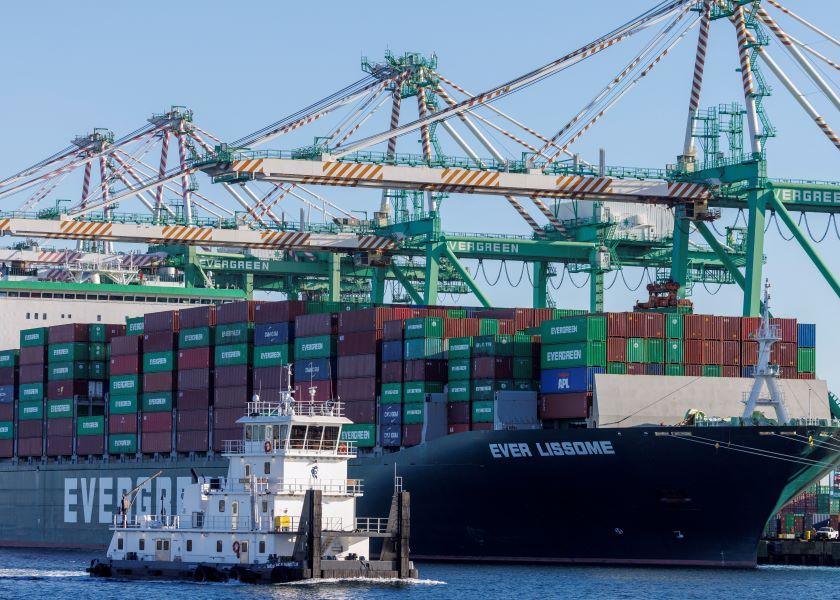Shipping Industry Faces Fuel Dilemma Decision in Bid to Cut Emissions

The shipping industry is under increasing pressure to decarbonize, but unclear regulatory guidelines, including what sorts of cleaner fuels large vessels should run, is complicating the path to net zero. Shifting to cleaner burner fuels is one path to lowering emissions, executives said last week at the CERAWeek energy conference in Houston, but many in the industry are reluctant to make the changes needed to run new fuels – such as retrofitting engines or purchasing new vessels – given the lack of a longer-term regulatory framework, Reuters reported.
Shipping accounts for roughly 90% of world trade and is responsible for nearly 3% of the world's carbon dioxide emissions. Most large ships currently run on very low-sulphur fuel oil, a tar-like oil that is relatively inexpensive and energy dense, meaning that a fairly small amount is needed to propel a vessel for great distances.
The lack of clarity leaves players reluctant to commit to one less carbon-intensive fuel over another for their fleets, be it hydrogen-carriers methanol, ammonia, biodiesel or liquefied natural gas (LNG).
Reuters noted, most vessel engines are designed to take one type of fuel. With an average 25-year lifespan, companies run a risk by committing to one fuel that is less developed and less predictable at scale than traditional bunkering fuel.
Cleaner marine fuels, like methanol and ammonia, are also seeing demand from other sectors, such as across Asia where countries are seeking to decarbonize power plants away from coal.
Read the latest news and market reports from Pro Farmer.







